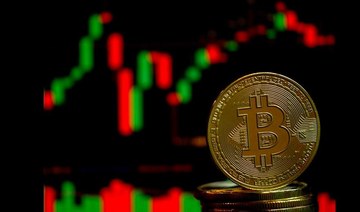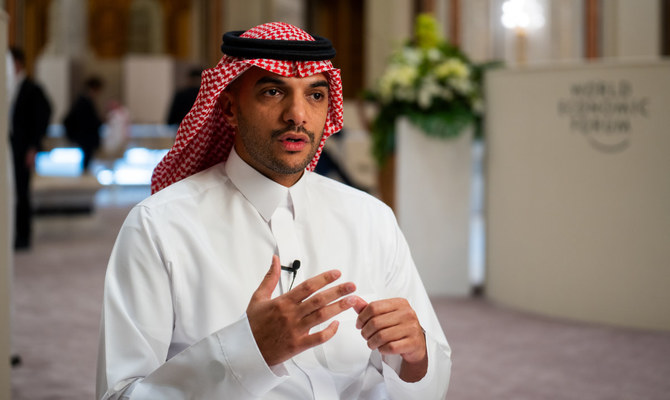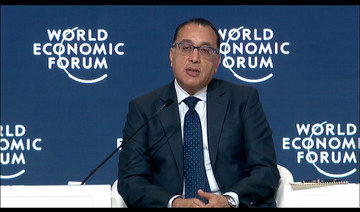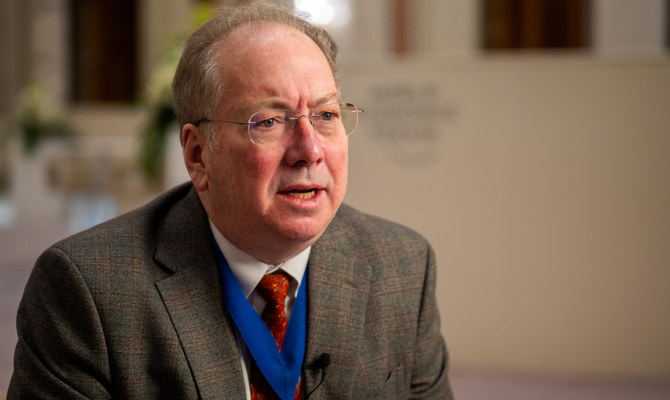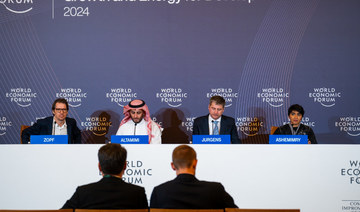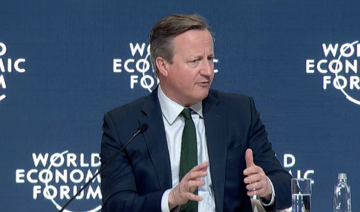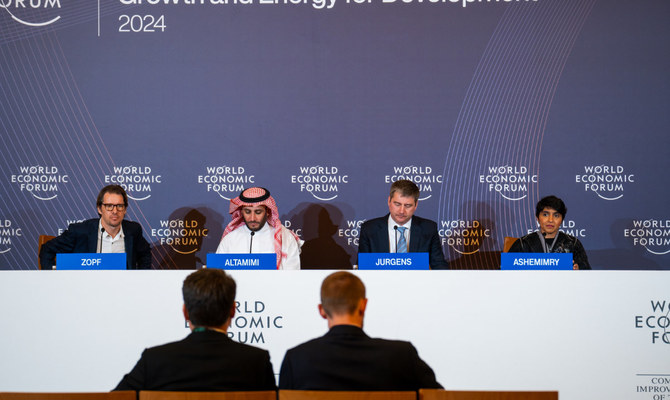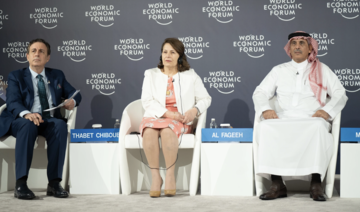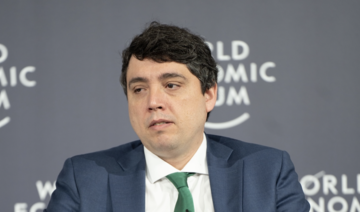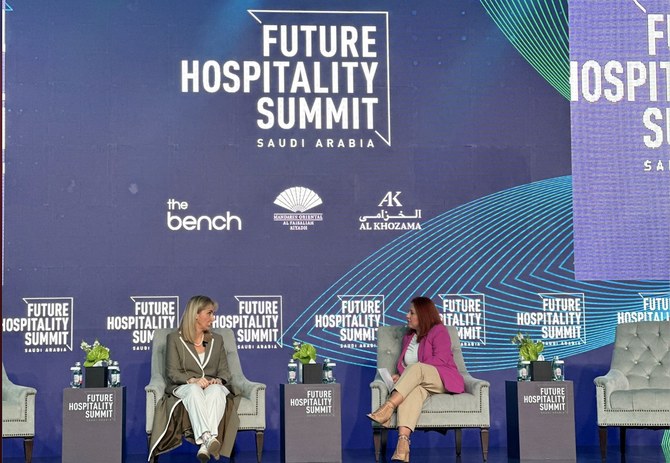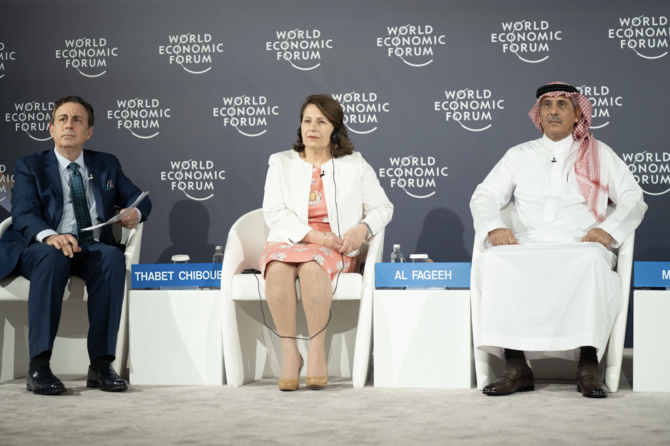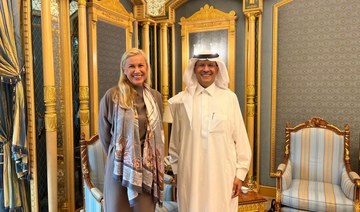RIYADH: Bitcoin traded higher on Tuesday, rising 0.55 percent to $38,379.02 at 5:02 p.m. Riyadh time. Ether, the second most traded cryptocurrency, was down 1.3 percent to $2,298.85, according to data from CoinDesk.
Below is the latest cryptocurrency news:
Amazon has denied a British newspaper report that it plans to accept bitcoin payments this year. “Notwithstanding our interest in the space, the speculation that has ensued around our specific plans for cryptocurrencies is not true,” an Amazon spokesperson said on Monday. “We remain focused on exploring what this could look like for customers shopping on Amazon.”
According to a report from Bloomberg, the popular stablecoin Tether is under criminal investigation by the US Justice Department. Prosecutors are looking into whether Tether’s executives committed bank fraud, a development with potentially seismic consequences for the broader crypto market. Tether released a statement saying that the Bloomberg report follows a pattern of repackaging old claims as news, but did not deny awareness of the pending charges, according to CoinDesk.
Goldman Sachs is liquidating and settling cryptocurrency traded products for some of its hedge fund clients in Europe, it was reported last week. The investment banking giant has submitted an application to the US Securities and Exchange Commission for an exchange-traded fund (ETF) that would showcase public companies in decentralized finance and blockchain around the world. The filing indicated that the fund plans to invest at least 80 percent of its assets in companies that are developing blockchain technology and digitizing funding. The Securities and Exchange Commission is currently reviewing more than a dozen Bitcoin ETF applications and has approved decisions on several of them, CoinDesk reported.
Tesla released its second quarter earnings report on Monday. The electric carmaker’s balance sheet for the second quarter of 2021 showed a net digital asset value of $1.311 billion as of June 30. It also showed that Tesla owns $1.311 billion in bitcoin. The company did not buy or sell any bitcoin during the second quarter, but it did report a bitcoin depreciation of $23 million. Tesla’s action reaffirms Musk’s prior statement that neither he nor Tesla had sold their coins, according to Bitcoin News.
A survey conducted by the cryptocurrency exchange of the Independent Reserve Asia Pacific found that 43 percent of respondents said they own cryptocurrency, while 46 percent plan to purchase digital assets in the next 12 months.
The survey of 1,000 Singaporeans from a representative background of gender, age and location, also found that two-thirds of respondents in the 26-45 age group said they own cryptocurrency. Nearly 40 percent of respondents described bitcoin as an investment asset and 25 percent described it as a store of value. Three-quarters of respondents aged between 26 and 35 said they believe that cryptocurrency will become more widely accepted. Singapore’s financial authorities have confirmed that they are working with their French counterparts to explore cross-border applications of central bank digital currencies, according to a report by Cointelegraph.





